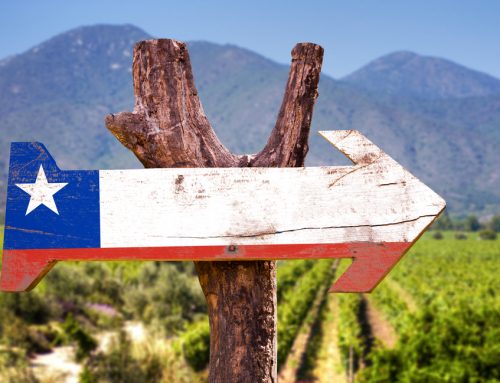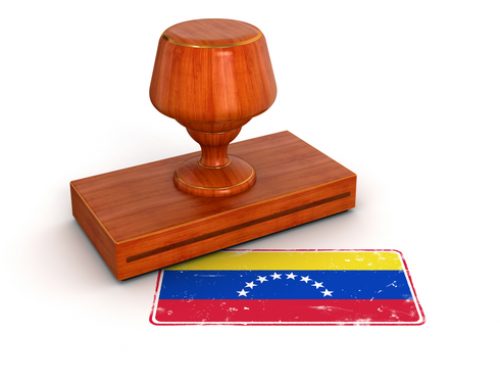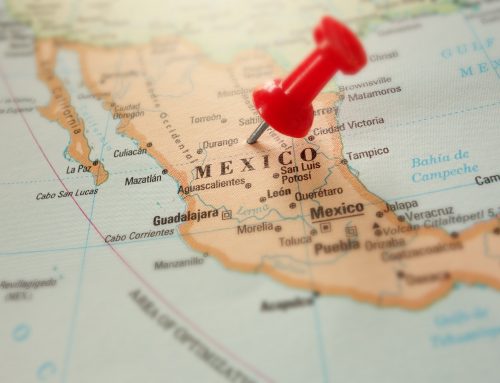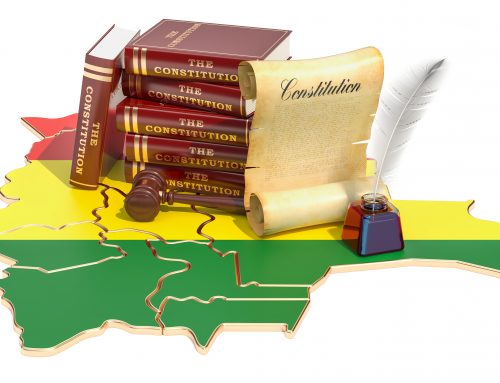Franchise and Licensing Agreements are different in every country of Latin America.
Franchise agreements:
In general terms, a franchise agreement is a contract in which one part known as franchiser, allows the use of its intellectual property (know-how, trademarks, patents, copyrights, etc.) to another person, called the franchisee, with the aim of economically exploit a business or company within a given geographical area. It is a contract with an international vocation, since it allows the expansion of the business model at low costs in different regions outside the country of origin on the franchiser.
A franchise agreement may involve an international relation; in others words, two or even three parts with different nationalities, and generally the agreement must be governed by the laws of each country in which the business will be settled. In this order of ideas, and understanding that Latin America does not have a community regulation, it is important to know the rules of the country where the franchise operation is intended.
Some examples include:
Mexico:
Some franchise agreements in countries of Latin America are also regulated by the Intellectual Property laws.
Franchise agreements are regulated by the Industrial Property law, adopted in June 1991 and reformed in April 2012. The regulatory framework of this agreement is found primarily in articles 142, 142 Bis, 142 Bis 1, 142 Bis 2 y 142 Bis 3 of the aforementioned law, that state that the contract must be made in writing and must contain certain requirements, which must mention the geographical area in which the activity and contract will be develop; the location, the minimum dimension and infrastructure features; inventory policies, advertising, contracts, policies, procedures and deadlines for reimbursement and financing; Applicable Criteria and methods for profit margins and/or commissions, technical and operational training features; criteria, methods and procedures for monitoring, reporting, evaluating performance rating and quality of services; sub-franchise terms and conditions and grounds for termination.
Chile:
Franchise operation in the is regulated by Law No. 13.039, called Industrial Property Law, in January 1991 and amended by Law No. 20.160 law enacted in January 2007. The National Institute of Industrial Property (INAPI) defines a franchise as ¨a commercial arrangement whereby the reputation, technical information and knowledge on the one hand combined with the investment of another party in order to sell goods or services or to provide services directly to consumers. The establishment where such products or services are marketed typically have a trademark¨.
Argentina:
From 1 August 2015 the new Civil and Commercial Code of the Nation has been enforced, which established first the regulation of Commercial Franchise Agreements.
This statute devotes an entire chapter to this contractual type, where the obligations of both the franchiser and franchisee are established. Thus, Article 1514 , within the obligations of the franchiser, include: to provide reliable pre-contractual information , communicate the know-how of their business under contract, deliver an operations manual to perform the contract, provide technical assistance to improve the franchise operation during the term of the contract; supply all goods and services in adequate quality and reasonable prices; and defend and protect the use by the franchisee under the conditions of the contract of intellectual property rights under the contract.
Accordingly, Article 1515 of the Code sets out certain obligations on the franchisee head; to effectively develop the activity within the franchise; meet the specifications of the operational guide and the ones that the franchiser inform; refrain from acts that could endanger the identification or the prestige of the franchise system; maintain the information of the proprietary that integrates the body of technical knowledge of the franchise in confidentiality, among others. The obligation remains after the contract expires.
Colombia:
In Colombia, there are no specific rules that regulate franchise contracts. Therefore, franchise agreements eminently atypical because they reflect an operation that is not regulated by a code and their provisions are freely negotiated between the parties.
In consequence, the franchise may be regulated by the general rules for contracts, contained by the Civil and Commercial Code (Códigos Civil y Comercial), and by the trade practice, which is the source of the Commercial Law in Colombia.
Furthermore, considering that the contractual object is intellectual property, but particularly industrial property, is also applicable due to the Andean Decision 486 of 2000.
Brazil:
The main Brazilian regulation applicable to the offer and sale of franchises is Law N° 8955 of 15 December 1994 (“Brazilian Franchise Law”). Additionally, Normative Act 16/2013 issued by the Brazilian Patent and Trademark Office (“BPTO”) demands the recordation of international franchise agreements for the effectiveness of specific provisions. The franchise agreement must be recorded at the Brazilian PTO. The recordation is necessary for the following purposes: (i) to make the agreement effective against third parties; (ii) permit the remittance of payments to the foreign party; and (iii) qualify the licensee for tax deductions. In addition to the recordation of the franchise agreement at the BPTO, for the purposes of remuneration remittances, the registration of the agreement at the Brazilian Central Bank is also required.
Licensing Agreements:
Unlike franchising, licensing agreements usually do not rely on intellectual property, which does not prevent them to be held as a valid over those goods, since they also are “atypical” contracts it depends mainly on the agreements between the parts over the contractual object.
In Argentina, for example, the new Civil and Commercial Code of the Nation clearly establishes that movable and immovable goods, trademarks, patents, industrial designs and software, owned by the donor or on which the giver has the power are held by a licensing agreement.
In other countries, where there is no express mention in the law on the matter, standard rules of the lease or the ones on the general contract system shall apply.
In addition, rules toward the intellectual property good that is licensing object, such as the Andean Decision 486 of 2000, apply to member countries of the Andean Community, which require certain formalities for contracts offering trademarks, patents, etc.




